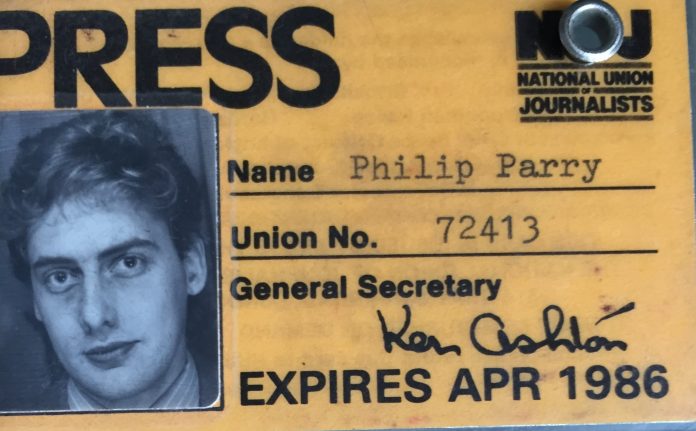- ‘Lies, damned lies etc…’ - 13th February 2026
- Missing in action - 12th February 2026
- Travel news again - 11th February 2026
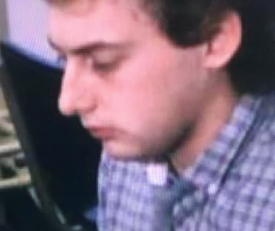
On The Eye our Editor Phil Parry has described how he was helped to break into the South Wales Echo office car and the extraordinary sights that met him in the newsroom when he was a cub reporter, recalled his early career as a journalist, the importance of experience in the job, making clear that ‘calls’ to emergency services and court cases are central to any media operation, as well as the vital role of the accurate quotation.

He has also explored how poorly paid most journalism is when trainee reporters had to live in squalid flats, the importance of expenses, and about some of those he has interviewed as well as one of his most important stories on the now-defunct 53 year-old BBC Wales TV Current Affairs series, Week In Week Out (WIWO), which won an award even after it was axed, long after his career really took off.
Here he explains the importance of actually talking to people to secure key information for a story.
As a journalist the phone technique and talking to people on the doorstep were absolutely crucial in getting the details you needed.
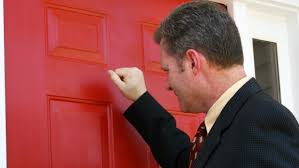
It’s far less important now in these days of email and social media, and I have always thought that fact is rather a shame because it makes the whole business a bit impersonal.
I have lost count of the number of times a Press Officer has said to me: “Put your request down on an email”.
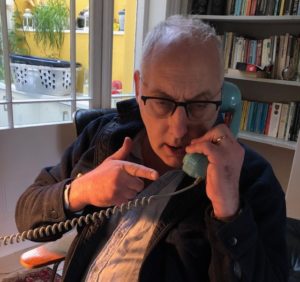
I must admit I have lost it a bit then and on occasions shouted back: “NO, I AM TALKING TO YOU NOW. THE WORDS ARE COMING OUT OF MY MOUTH. I HAVE TOLD YOU MY REQUEST”.
When I started out in journalism your technique in actually talking to interviewees was central to the whole operation of getting the information you needed about what had happened.
You would never actually lie, but there were learnt skills you could employ to find out the details you needed.
One of them was to let the interviewee drone on endlessly about how nice Mrs X was, before getting to the part you really wanted to hear about how he or she had seen the police arrive after a murder.
Another was not to register shock or surprise when crucial, often lurid, details came out in case it was realised what had just been said and it was quickly retracted.
I learnt a lot from the best journalist I knew with a freelance agency I worked on, from listening to the way he would talk to people over the telephone.
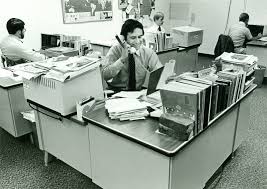
He would come over as nice, friendly, genuine and trustworthy.
He was all of these things, but he wanted to ensure the interviewee knew them.
On another occasion when I was a cub reporter on The South Wales Echo I tried a bit too hard and after I had apologised for bothering the woman on the other end of the phone she said: “With a voice like yours you can bother me any time!”.
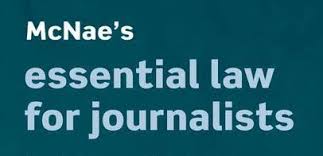
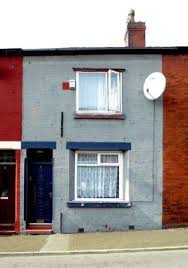
I was absolutely terrified and quickly put the phone down!
The telephone was a hugely important part of any media operation.
Along with the extensive training you were given in things like journalists law, it was vital.
All journalists of a certain age will know about the ‘Jones technique’.
This is when a major event had happened in a street and you had to discover the news quickly from an eye witness even though you were back in the office and didn’t know who the neighbours were.
You would ring up a random number of someone in the street and ask for Mr or Mrs Jones.
There was always a ‘Mr or Mrs Jones’ in the street and the reply would invariably come back: “You must mean xxxx down the road”.

You would repeat this technique until you reached someone who had seen the incident or reaction by the emergency services afterwards.
It would work equally well with ‘Davies’ ‘Williams’ or ‘Smith’!
Long before the days of mobile phones it was vital to find a way to get your ‘copy’ back to the newspaper about an incident, if you were actually out in the field on a job, so you would look for a house which had a phone line and knock on the door and ask to use the phone on a transfer charge call to the office.
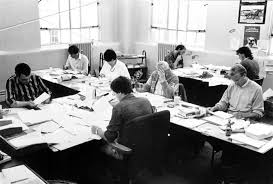
Back in the newsroom there would be a bank of copy takers ready to take your call and it would be swiftly passed on to the newsdesk before going on to the ‘subs’, where it was checked, ‘sized’, and a headline put on it.
Afterwards it would appear in the paper.
Time was also of the essence because you had to have the copy back before ‘deadline’ when it could be put into the newspaper – with a time for the inside of the paper and a later time for the front.
Those times are still emblazoned on my memory!

Of course none of that is necessary now with the internet – items can be ‘published’ as soon as they are ready.
This is a good thing, but there are also key problems it seems to me.
There are fewer checks on copy before it appears on your computer or mobile phone and in a lot of papers subs do not exist now – copy takers have certainly disappeared.
This lack of checking explains why so many mistakes are made on social media when sources are not secure, and is one of the things behind the rise of ‘fake news’ or allegations about it.
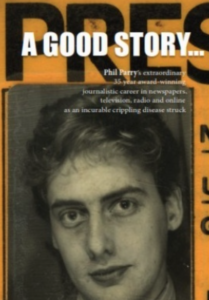
Progress has presented a lot of positive aspects, but there are many negatives too!
Next week, Phil Parry explains some of the mistakes he has made in journalism…
The memories of his extraordinary 35-year award-winning career in journalism as he was gripped by the incurable disabling condition Hereditary Spastic Paraplegia (HSP), has been released in a major new book ‘A GOOD STORY’. Order the book now!
Check your knowledge of important events as revealed on The Eye, with our brilliant interactive quiz: [viralQuiz id=1]








